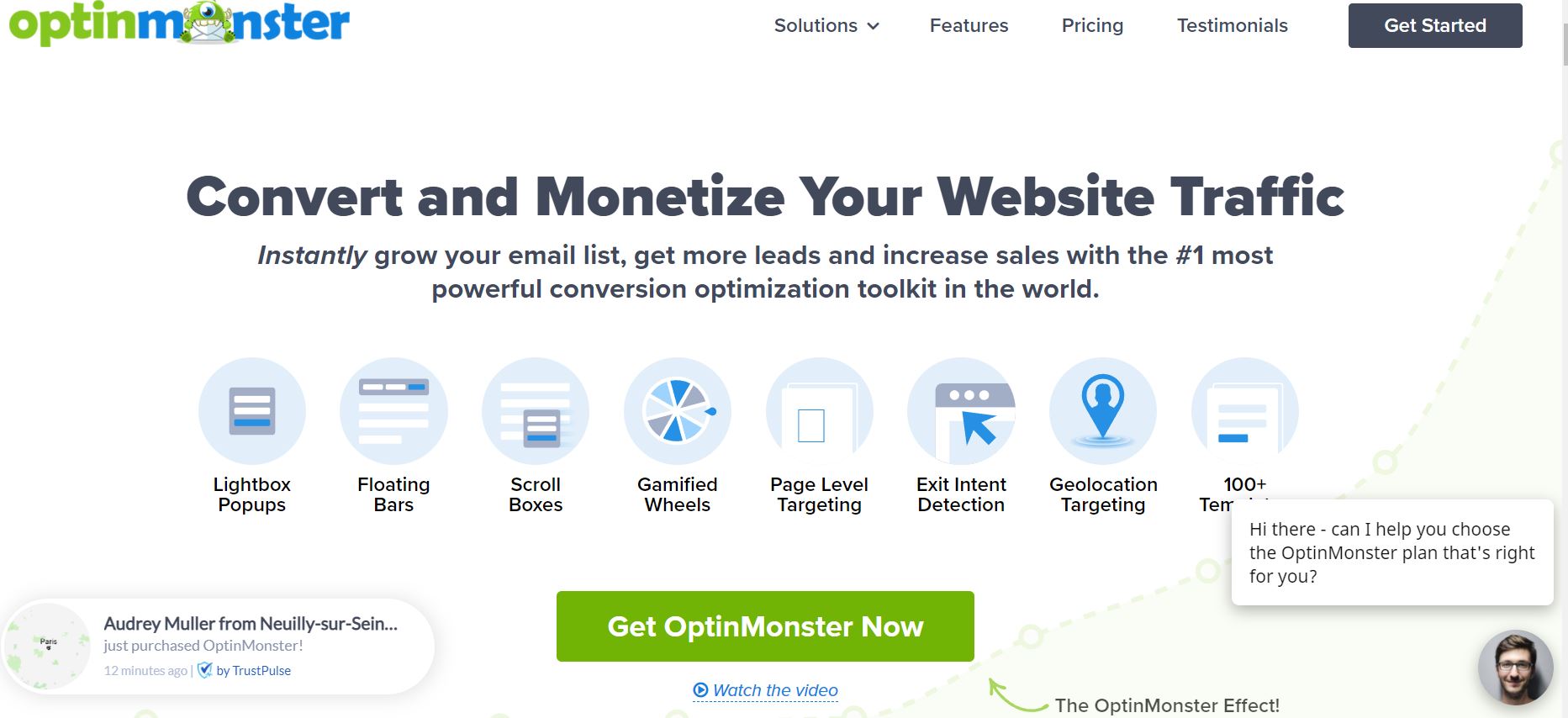What is the ideal length for a blog post? It’s a crucial and frequently asked issue since many novice bloggers aren’t sure if they should create longer or shorter blog entries.
The optimal blog post length will be discussed in this article. We’ll also discuss blog length best practices to help you attract more readers, enhance your SEO, increase interaction, and more.
So, how long should a blog article be?
Continue reading to find out…
What Is the Optimal Blog Post Length?
“Attention spans are shorter than ever,” and “people just want bite-sized information,” are certain phrases you’ve heard. However, this does not imply that your blog entries should be brief.
When it comes to blog postings, the longer the better.
While people’s attention spans are shortening, the average word count of blog articles is increasing. Between 2014 and 2018, the average post length rose by 42 percent, from 800 to 1,151 words, according to IsItWP.
However, other experts believe that an excellent blog article should be even lengthier.
According to a Medium report, articles with an average read duration of 7 minutes drew the most attention.
The optimal blog article length varies depending on who you ask, as you can see from these varied word counts. However, there is one thing they all agree on long-form content rules.
In fact, most bloggers these days write articles that are over 1000 words long.
Although larger blog articles take longer to create than shorter ones, there are several advantages to doing so.

The Optimal Blog Post Length in 2025 for SEO
According to HubSpot research, the optimum blog article length for SEO is 2,100-2,400 words. The length of our 50 most-read blog entries in 2019 was averaged, yielding a word count of 2,330. The average length of a blog post was 2,164 words, ranging from 333 to 5,581 words.
But, before you start creating your 2,300-word blog post, keep in mind that not all blog posts need to belong – in fact, 16 of our top 50 read pieces (about one-third) were under 1,500 words, indicating that there’s still plenty of room for your posts to rank even if they’re shorter.
This may be achieved by adhering to SEO best practices, such as:
- Backlinking in the right way.
- Trying to get a hold of Google’s highlighted snippet.
- Alt-text is being added.
- Choosing the appropriate keywords.
- Developing authority in a domain and on a certain issue.
- Including media-rich information in the body of your article (videos, social media embeds, etc.).
The Minimum Length of a Blog Post
Although Yoast advises at least 300 words, there is no formal minimum for blog article length. However, according to HubSpot research, lengthier blog articles should be the rule rather than the exception.
This approach will help your website gain authority in the eyes of search engines, which will improve the ranking of shorter blog articles.
“In general, lengthier content ranks better,” says Aja Frost, HubSpot‘s Head of Content SEO. “However, you won’t be penalized for thin content until you post hundreds of [blog] pages with fewer than 100 words.”
While longer blog articles tend to perform better, this does not mean that every blog post you write must be over 2,000 words long. So be it if you think you’ve covered your issue adequately in 300, 800, or 1,000 words.

What Is the Best Way to Write a Long-Form Blog Post?
Writing a 1000+ word blog article may seem intimidating if you’re used to writing short blog posts.
You might be wondering how long a 1000-word blog article takes to write.
It all relies on your background and the subject matter you’re writing about.
But keep in mind that reaching the word count and producing your essay as quickly as possible isn’t the only goal. It’s also critical to consider the following factors:
Readability
Users should be able to read your blog posts easily. However, the longer your blog article gets, the more difficult it is to keep your readers interested, and no one wants to read it.
Keep your sentences brief, use fewer phrases per paragraph, and use easy-to-understand terms instead of complex ones to increase the readability of your blog articles.
Uniqueness and usability
Google has no reason to show your blog post to searchers on the first page if it has the same content as every other article on the topic. Make sure your blog article offers something unique by conducting research.
Precision and authority
Google favors articles that are well-researched and factual, and they are more likely to receive links from other blogs. The more backlinks your blog article receives, the more Google will see your site as an expert on the subject.
Promotional strategy
There’s no sense in spending days (or even weeks!) creating a fantastic long-form essay if no one reads it. It’s just as vital to know how to market a blog article as it is to know how to create one.
You can establish a successful blog that lasts a long time if you can strike a balance between creating long, informative posts and knowing how to market them successfully.
Quick Links
- Common Mistakes That New Bloggers Make
- How Blogging Can Change Your Life & The Benefits of Blogging
- Advanced Blogging Strategies
Final Thoughts on How Long Should Blog Posts Be?
Writing lengthier blog content benefits both your followers and your blog’s success. But don’t get too caught up in the word count or the elusive “perfect” blog article length.
After all, there’s no such thing as a perfect blog article length for every subject!
Instead, concentrate on giving your target audience useful long-form material.
You’re ready to start writing now that you know how lengthy a blog article should be!






